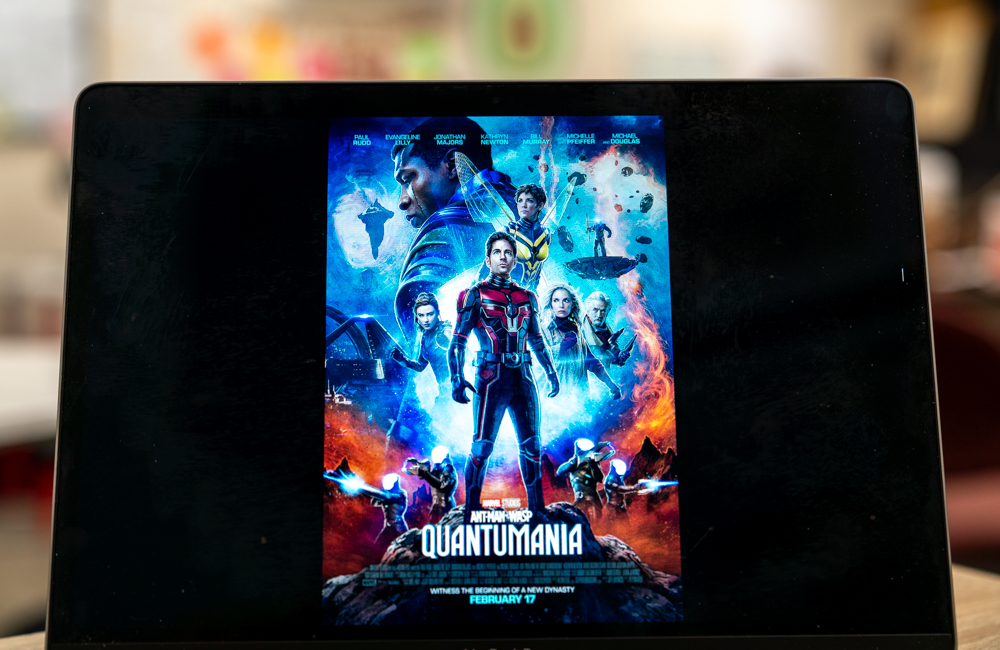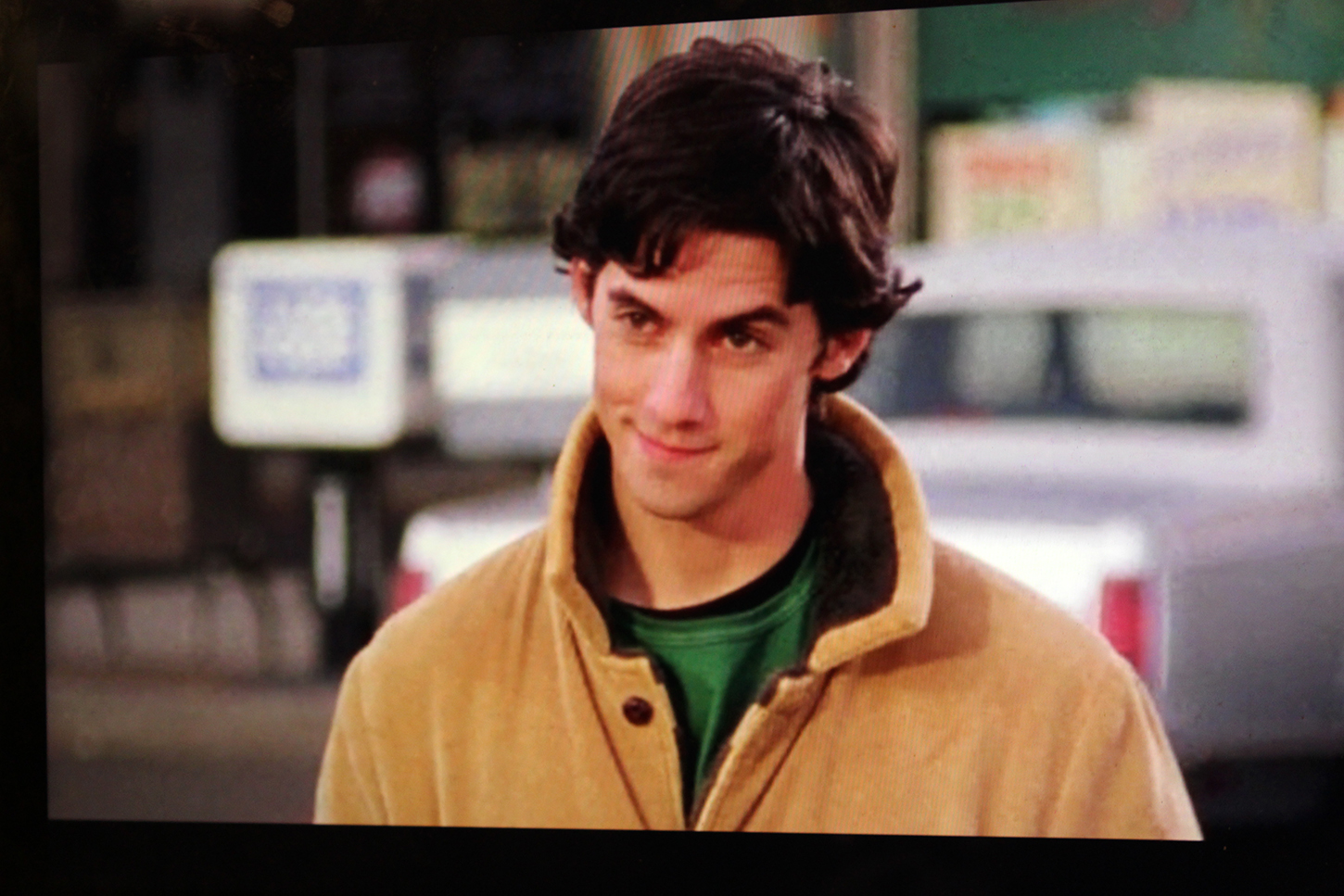Ridley Scott, the director who single-handedly defined science fiction for the silver screen with Alien and Blade Runner, has unleashed his newest galactic thriller, a film sci-fi nerds have anticipated since an alien creature burst from Kane’s chest. And if you don’t get this reference, you might want to catch up on your sci-fi.
Prometheus has all the ingredients for a good sci-fi film. Amazing special effects? Check. Technology that seems plausible for the far future? Check. Aliens and androids? Check. Yet Prometheus only has slight elements of that extra spark the Ridley Scott cult has grown to expect.
Prometheus is still worth seeing. The film exhibits some of the best special effects seen since Avatar. The film juggles between trying to live up to its hype as an Alien prequel and trying to develop its own story as a philosophic quest into the origins of mankind, leaving obvious plot holes and underdeveloped characters.
Prometheus begins in 2089 with archeologists/lovers Elizabeth Shaw (Noomi Rapace) and Charlie Holloway (Logan Marshall-Green) investigating a cave painting in the hills of Scotland. The two discover a “map” that points them to the distant moon, LV-223. Both Shaw and Holloway interpret this map as an invitation by the “engineers” of humankind.
Fast-forward three years: Shaw, Holloway, and a few blue-collar scientists are awakened from stasis on a ship, Prometheus, in bound to LV-223. Peter Weyland, the invalid founder of the powerful Weyland Corporation has funded the trip by creating Prometheus. His daughter, Meredith Vickers (Charlize Theron) is the mission director. Also along for the ride is David, Weyland’s android, who questions his creators as much as the humans question theirs.
The crew arrives on LV-223 and immediately discovers a large, hollow manmade dome. With out giving away too much, the crew finds out more about the creation of humanity than they were hoping for in the dome.
Prometheus takes place in the same universe as Alien. Sticking true to form, darkness and negativity dominate throughout the 120-minute film. There is a peculiar relationship between the Weyland Corporation staff and the crew, which calls into question why they are really travelling to LV-223. The incredibly creepy soundtrack, developed by Marc Streitenfeld, adds a dose of dread to every horrific scene
Scott originally intended for the film to be an indirect prequel to Alien. But the obvious similarities between the two films create a muddled plot. The crew finds pods of mysterious, black goo, which we learn hold the early ancestors of the creatures in Alien. They are tiny, snake-like beings that David says ”have great beginnings” as he sneaks them into Holloway’s drink. Another ode to Alien takes place in the gruesome scene when Shaw manually extracts an alien fetus from her uterus.
Sound familiar? Come on Scott, you have the talent not to rely on the success of your previous films. Instead of playing on the concept of Alien, Scott should have spent more time developing characters. Did he really expect audiences to believe the rag-tag group of “scientists,” were the best Weyland, a multi-billionaire, could find for the single largest mission in the history of man kind? Or maybe Scott should have focused on developing the giant “engineers,” the crew finds in the dome, the reason the Prometheus mission began.
It is a shame that a unique story is overshadowed by Alien, in an apparent move to get better box office ratings. Hyping the film up as a prequel ruined the film’s potential to be a new type of Ridley Scott film with elements of philosophy, horror, mythology and science fiction. Prometheus is loosely based on the beliefs of Erik Von Daniken’s novel, Chariots of the Gods, which examines the scientific evidence behind our creation from ancient aliens. This concept has been untouched in the sci-fi film realm, so Scott had endless possibilities. Unfortunately, he used the concept to return to Alien.
The film’s redeeming quality lies in the incredible performance of Michael Fassbender, who plays David, the android who cannot feel any emotion, yet acts just the opposite. Fassbender’s mechanical movements and monotonous intonations make David seem more cyborg. While David’s actions seem human at times, it is these small mannerisms that hint to his artificial creation, ultimately giving the character more authenticity. Fassbender was the saving grace of David, the most complex character in the film, who was unfortunately underdeveloped by Scott.
Sci-fi lovers can always count on Scott to deliver extraordinary special effects. From the buttons on the crew’s uniforms to the ship, Prometheus, each detail straddles the line of reality and fiction. It is entirely possible the various tools, cars, weapons and ships present in Prometheus will exist in 2093. While Scott hopped on the 3-D bandwagon, it did not significantly increase the quality of the graphics. In fact, the 3-D is hardly noticeable. Opt for the good ol’ 2-D or 3-D with this film because the beautiful effects will speak for themselves regardless.
While Prometheus seeks out to answer who created humans, and ultimately fails, it does ask tougher questions. Why is the most complex character in the story an emotionless android? Why waste a beautifully original concept on an over-hyped Alien prequel? In the final scene of the film, Shaw zooms off into Outer Space in search of the single question the film seeks to answer. It appears neither her nor the audience’s questions will ever be answered.


























































































































